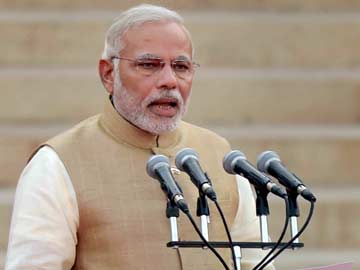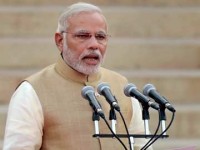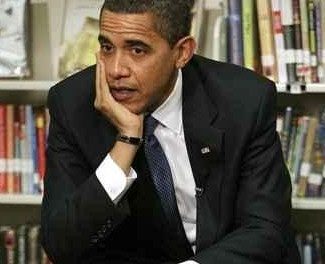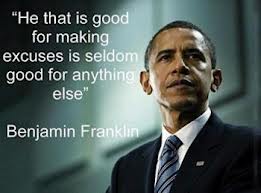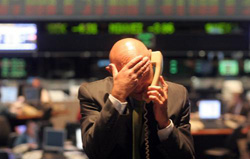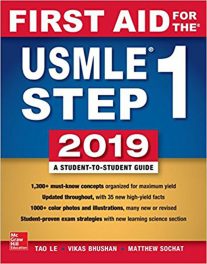By Sundar Viswam
I left India almost twenty years ago. Like most people of my generation, I have never voted there, and now barely keep up with India’s politicians and its issues. There are too many of both and no magic wand to make either go away. To me, India has always tottered on the edge of an abyss, hanging on only by its enormous potential.
Elections there have never been about problems and solutions, but about personalities, power and money, a choice between many forms of evil. The rigging, violence and fraud at election time were just threads in the blanket of routine corruption woven by irresponsible leaders and a hapless electorate.
Third world disillusionment is the original curse, the national karma; it has a captive teenage clientele and its claws dig deep and last a lifetime.
Last month, yet another Indian election, the world’s largest democratic exercise, came to fruition. And I, cynic eternal, dyed-in-the-wool election scoffer, veteran deserter of its shores, find myself proud of the country of my birth.
India: world’s largest democracy
Then consider the figures. Almost 67 percent from an electorate of 814 million people voted in some 930,000 polling stations, supervised by more than 10 million personnel, to elect 543 out of about 5500 candidates from 370 parties, in a six-week election costing the government more than $5 billion. About 100 million voters were added and 160 million crossed the voting age since the 2009 ballot.
An exercise of this size would have taxed any nation’s skills, but India’s humungous problems – its lack of infrastructure, the inaccessibility of its remote areas, its social divisions and problem of illiteracy, and above all, the constant, disruptive threat of terrorism – should have made the process unmanageable.
And yet, this has been the cleanest election in India’s history. While there were still pockets of corruption amid all the muck and grime of electioneering, the process went on peacefully, without the violence and wholesale fraud that made earlier elections notorious. The Election Commission came down hard and quickly on offenders, in an unprecedented example of enforcement of governmental authority and the rule of law.
For first time, all voting electronic, with over a million machines
For the first time, almost all voting was electronic, with over a million machines boasting software tailored for India’s myriad regional languages. Voter turnout far surpassed expectations and set new records in most constituencies, topping 80% in some. The media was constantly snapping at politicians’ heels, keeping them in check, pulling skeletons out of long forgotten closets and dirt from under age old carpets.
Indian elections have always attracted international attention, but for the first time, the government had officially invited observers from 50 countries for structured visits, with open access to information and public opinion. From all accounts, the exercise boggled their minds, but nonetheless greatly impressed them and gave them a few examples to follow.
India’s average age is just under 27 and first time voters constitute 20 percent, and women 49 percent of the electorate. The enthusiasm among the youth has been reassuring, in redeeming contrast to the lack of it in my own generation. With India producing nearly two million graduates a year, this enthusiasm may well be the engine that will spur India to seize the moment and reach for its rightful place in the world.
Is this the beginning of India’s resurgence?
Visitors to India often say that once visited, the country never goes out of their system. As I sat far away, proudly watching India’s potential unfold itself on television, I realized how much of it is still in mine. After all, that is the land of my birth and my youth, and for all my skepticism, I am and will remain a part of it.
I know India faces seemingly insurmountable obstacles, and an election is but the proverbial blink of an eye in the lifetime of a nation, but if this is the beginning of India’s resurgence, then there surely can be no end.
Sundar Viswam lives in Columbus, Ohio

